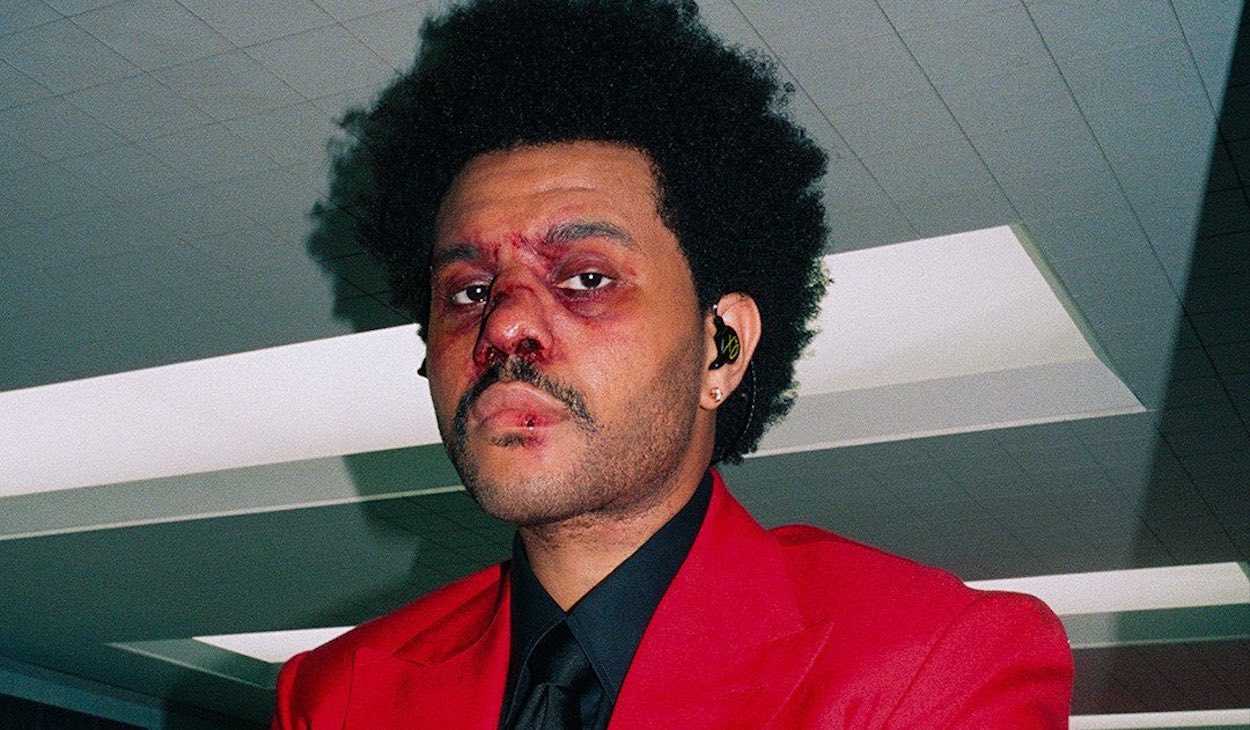The Recording Academy says it has eliminated “secret” nominating committees. This move comes months after the Grammy faced major backlash for what many artists called racist and biased decisions, which denied deserving artists of the categories of competition.
According to the Recording Academy, it has made significant changes to the Grammy Awards process in an effort to reform the process that has alienated some of the biggest names in the music industry. So far, the Academy says nearly all of the controversial “secret” nominating committees which made final decisions as to nominees for certain categories such as the “Big Four” General field of Album, Song, Record of the Year, and Best New Artist, has been removed.
The committees previously were made up of unnamed industry executives and experts whose names were not listed. In the past few years, the Grammys has come under immense criticisms not only from artists, but their fans who have publicly made known their disgruntlement with the results of the nomination lists put out.
The 2021 Grammy Awards was particularly scandalous as many artists said they would boycott the event after The Weeknd, whose album After Hours along with single “Blinding Lights” were among the most critically and commercially successful recordings in years. In spite of receiving awards, including from Billboard and many others around the world, neither was acknowledged by the committee.
Not all of the nominating committees have been eliminated. The ones that remain are those for “Craft” categories which mainly assess producer, packaging, and liner notes, but these have been less controversial than the categories which dealt with artist’s nominations.
The change in elimination means that the nominees for the main Grammy categories will now be selected by a general Academy electorate. The Grammys also noted that 90% of those selectors would also go through a requalification process by the end of 2021 “to ensure that the voting body is actively engaged in music creation,” in a sort of quality control move.
The history of the committees was first introduced in 1989, and in 1995 the “Big Four” was added following criticisms of the nominees in that year. More committees were formed over the years, according to the Grammys.
A Grammy award is or at least was one of the most prestigious awards an artist can achieve. However, many artists over the last 30 years have alleged corruption, and even the former president and CEO Deborah Dugan made damning allegations in a legal complaint that the committees were involved in insider dealing within the committees. The Academy has denied the allegations.
The Grammys also said that among the overhaul are changed to “reflect [the Academy’s] ongoing commitment to evolve with the musical landscape and to ensure that the Grammy Awards rules and guidelines are transparent and equitable.”
Voters will now be restricted in the number of categories they vote in.
Meanwhile, the current Interim Chair and Interim President/CEO of the Recording Academy, Harvey Mason Jr., says the committee is committed to making changes as they work with the music community.
“It’s been a year of unprecedented, transformational change for the Recording Academy, and I’m immensely proud to be able to continue our journey of growth with these latest updates to our Awards process,” he said.
“This is a new Academy, one that is driven to action and that has doubled down on the commitment to meeting the needs of the music community. While change and progress are key drivers of our actions, one thing will always remain — the Grammy Award is the only peer-driven and peer-voted recognition in music. We are honored to work alongside the music community year-round to further refine and protect the integrity of the Awards process.”
Meanwhile, the RIAA says two new categories have been added to next year’s Grammy nominations list, bringing the total number of GRAMMY Award categories to 86. The new categories are Best Global Music Performance (Global Music Field) and Best Música Urbana Album (Latin Music Field).
